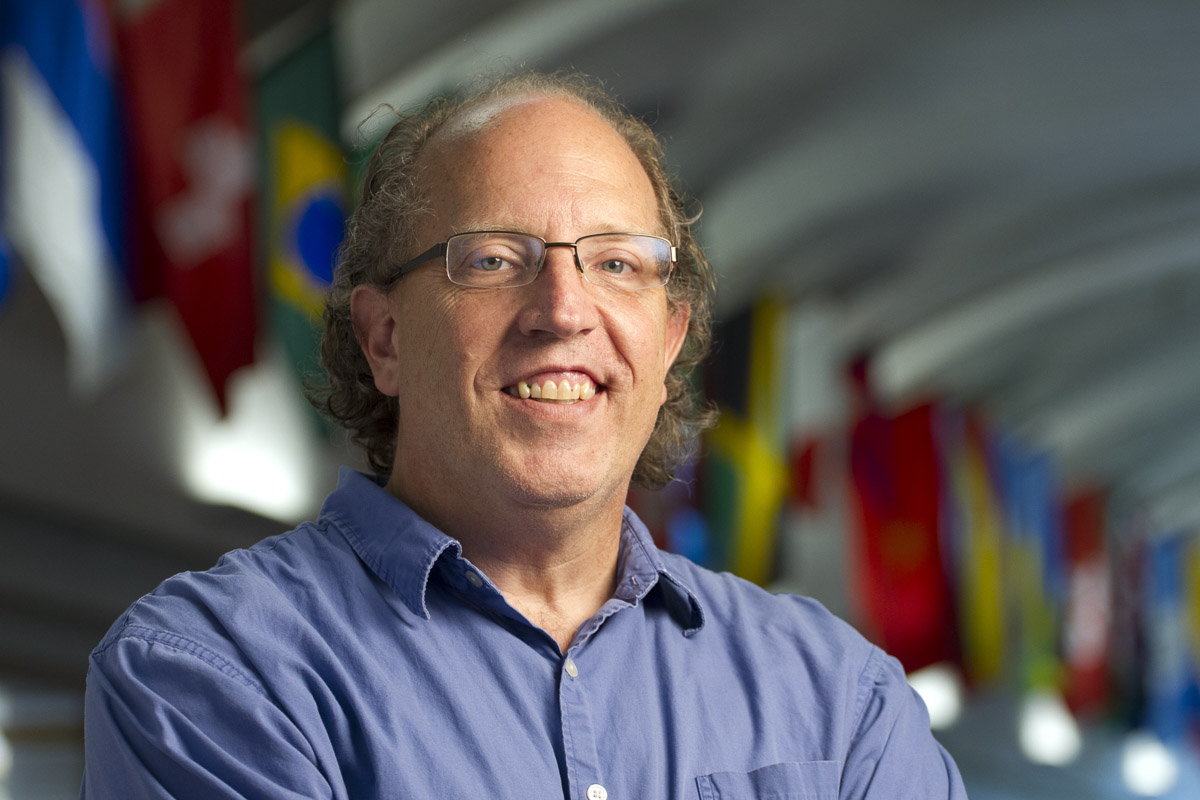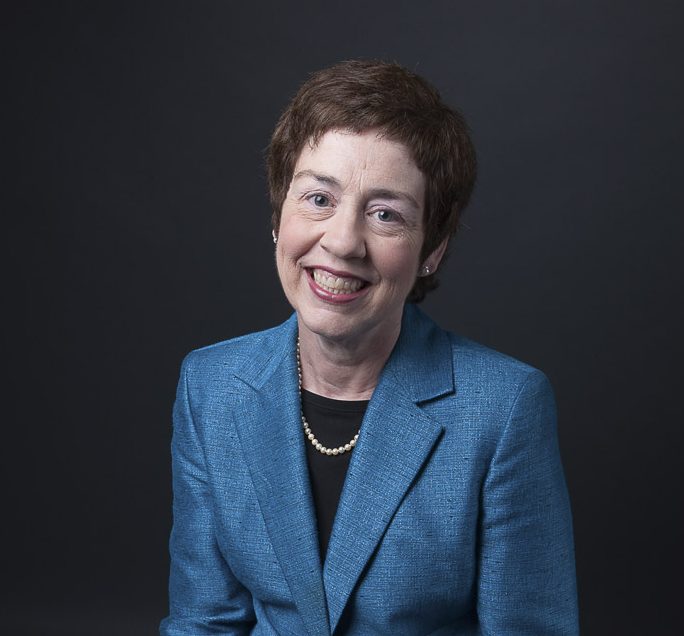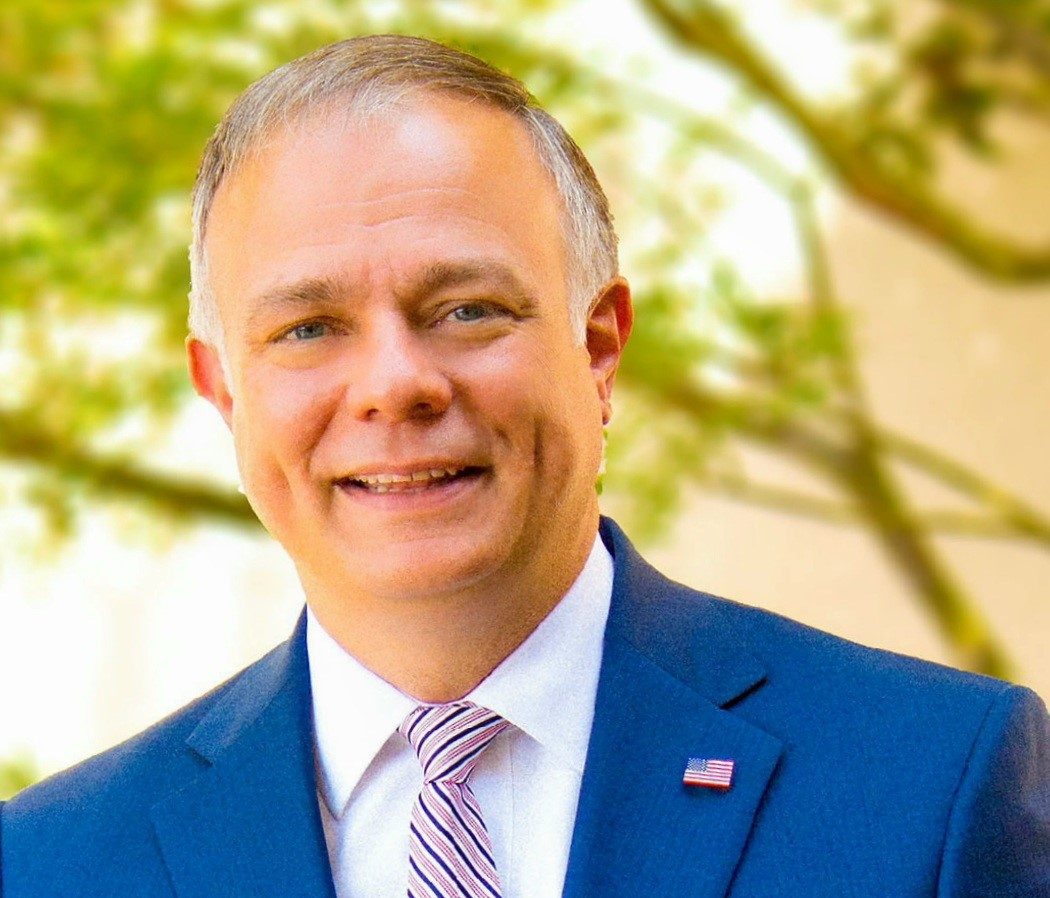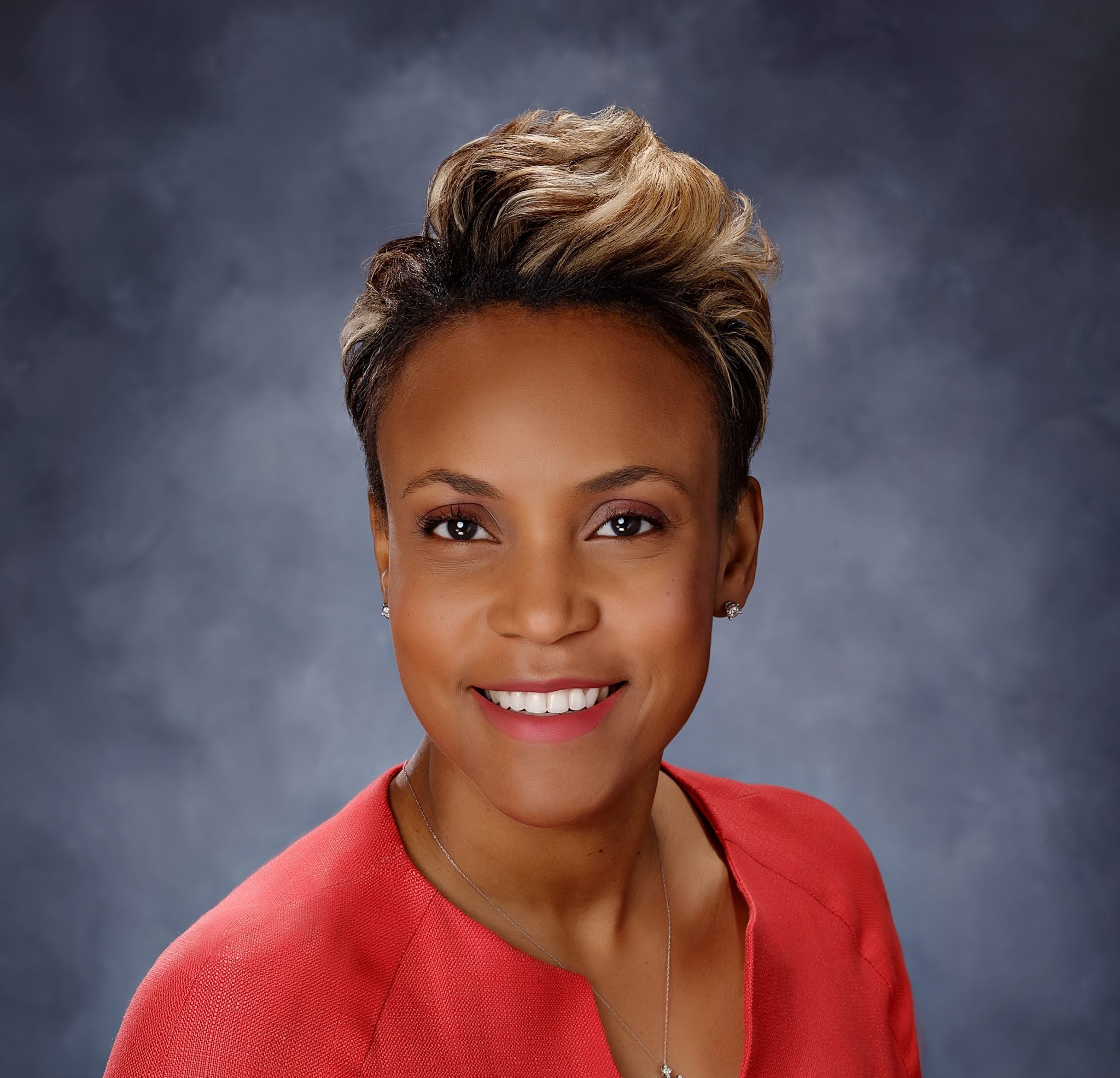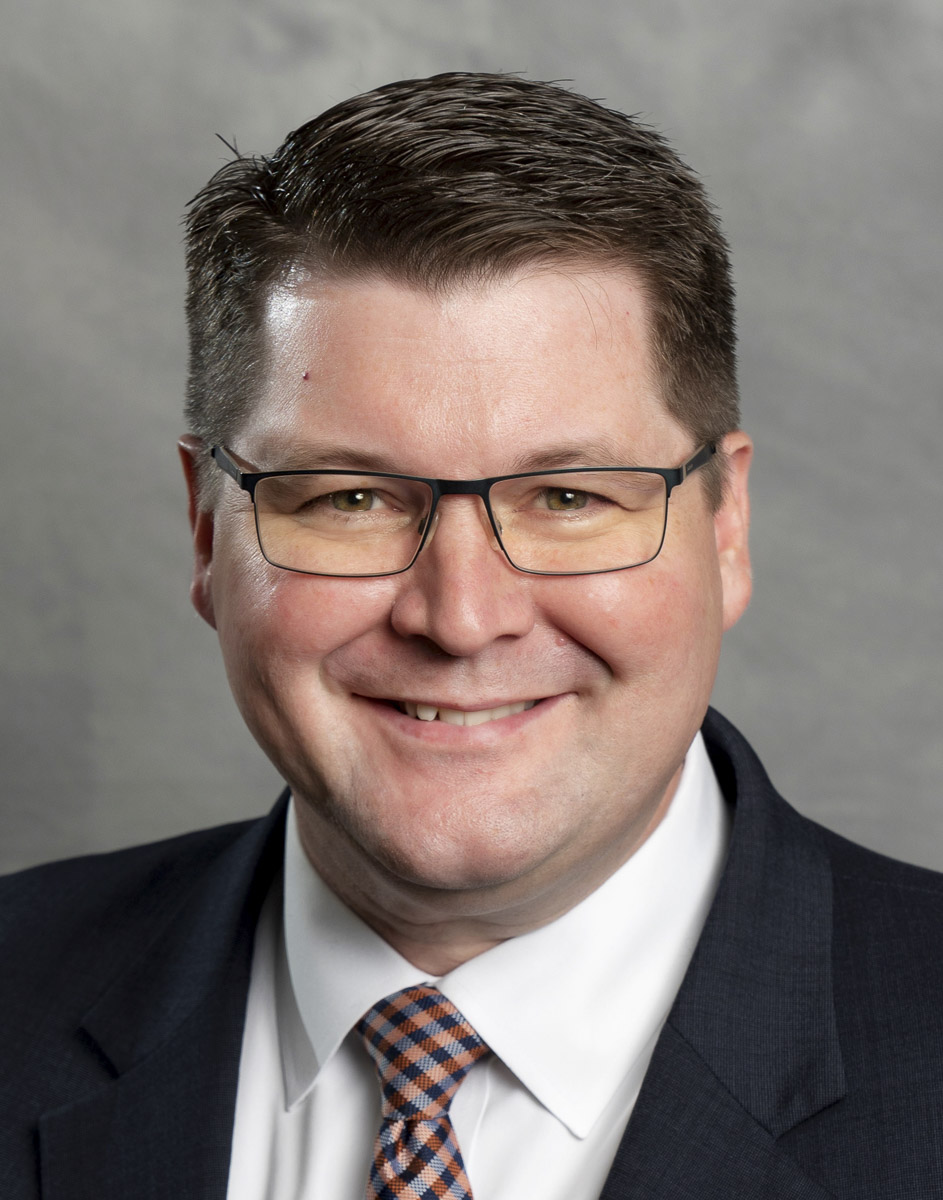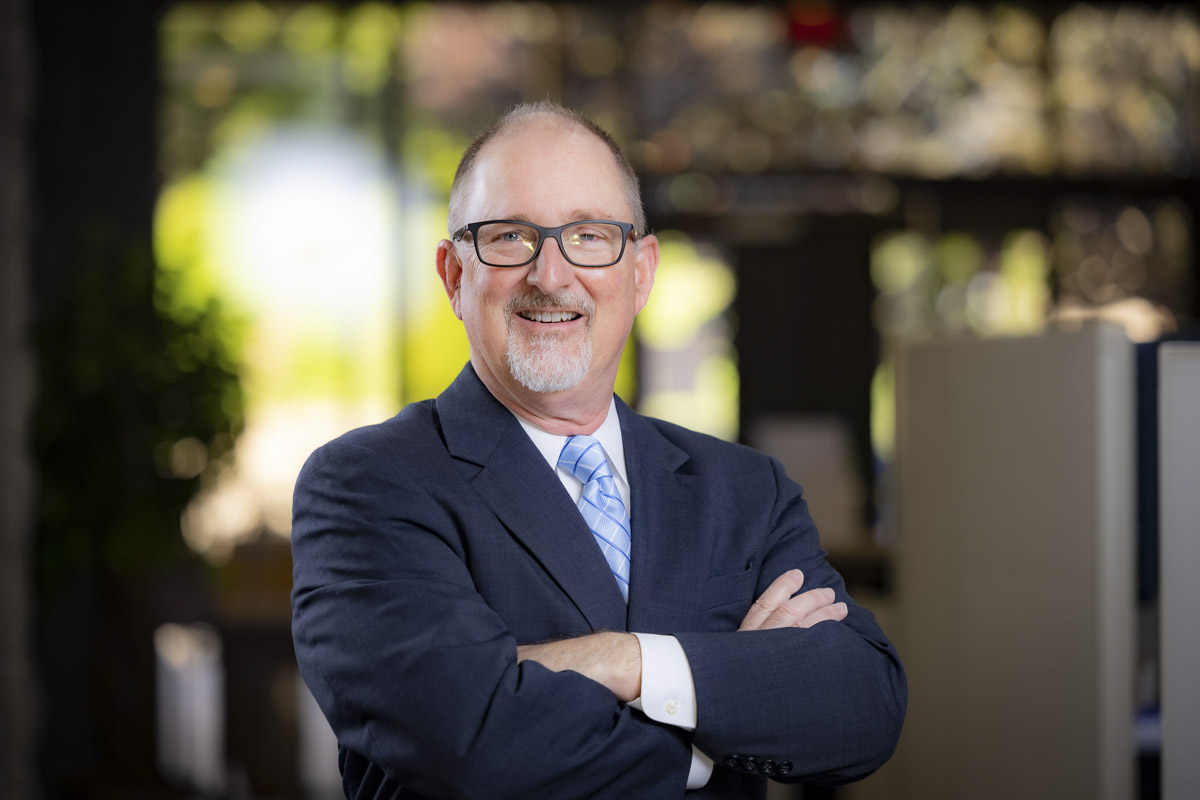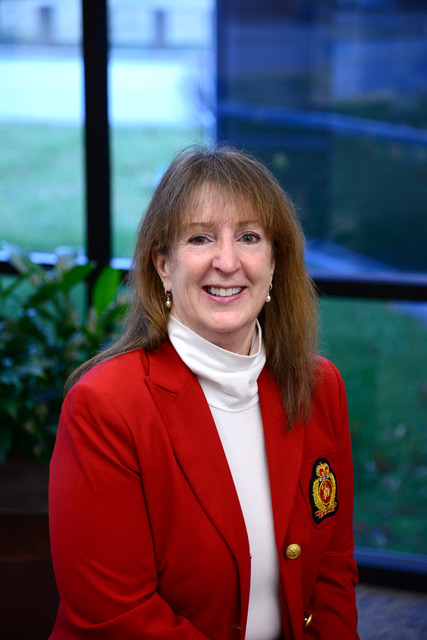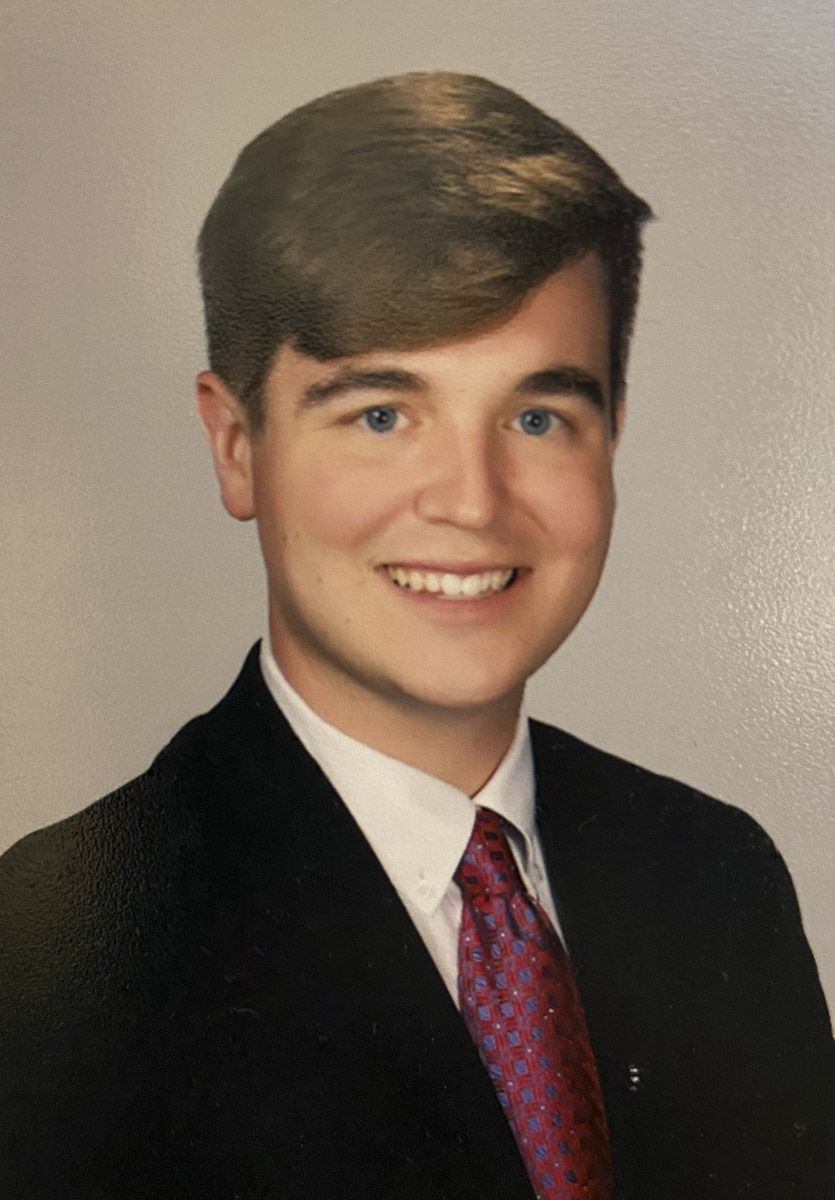The 2021 Community Focus Report, released in October, includes a new red flag reflecting concern about the “impact of misinformation and divisive discourse on community engagement and citizen participation.”
The biennial report card — produced by community leaders and area agencies — highlights Springfield and Greene County strengths as “blue ribbons” and challenges as “red flags.”
According to local leaders who provided feedback for the report, the impact of misinformation in our community particularly applies to trusting health expertise and — the focus of this story — to voter confidence in election integrity. Inspired by the latter, the Hauxeda invited a few civic-minded community members with a spectrum of political leanings — from right of center, left of center and independent — to share their thoughts about voter confidence in elections.
These nine participants are connected to a variety of local sectors including higher education, nonprofits, commerce and public resources. We asked each to send a short essay response to one or both of the following: “Reflect on your level of voter confidence and trust in our nation’s electoral system” and “What might help restore trust in our electoral system — whether that applies to yourself and/or others.”
You’ll find each of their written responses included with this package.
Essays from Springfield locals on elections and trust
Ponder: Party identification was once a guide, but not always determinative of the vote
OPINION | NOTE: This piece is part of a collection of local essays on elections and trust. “Free and fair elections” is a requirement for “democracy.” But in the United States,…
Greer Cooper: We are not a pure democracy, but a republic
OPINION | NOTE: This piece is part of a collection of local essays on elections and trust. I still have a high level of voter confidence and trust in our nation’s…
Schoeller: My confidence is not based on blind trust
OPINION | NOTE: This piece is part of a collection of local essays on elections and trust. The foundation of participation in public elections in our nation is built upon the…
Mabins: My concern is not voter fraud, but voter suppression
OPINION | NOTE: This piece is part of a collection of local essays on elections and trust. If I could label the past year and a half, I would call it…
Morrow: Good officiating and clear accountability build confidence
OPINION | NOTE: This piece is part of a collection of local essays on elections and trust. Fans of the winning team rarely criticize the umpire. We all remember the bad…
Burris: The “toxic stew” we're living in
OPINION | NOTE: This piece is part of a collection of local essays on elections and trust. I’ve worked as an election judge in both Christian County (many years ago) and…
Mechlin: Who do voters not trust?
OPINION | NOTE: This piece is part of a collection of local essays on elections and trust. My unique career has afforded me the opportunity to manage several political campaigns —…
Gentry: Our democracy depends on easy and equal access to voting
OPINION | NOTE: This piece is part of a collection of local essays on elections and trust. In spite of COVID-19, nearly two-thirds of eligible U.S. voters participated in the November…
Gray: Rampant sharing (and publishing) of misinformation is to blame
OPINION | NOTE: This piece is part of a collection of local essays on elections and trust. There is no reason to believe that our nation’s elections are untrustworthy. Federal election…
Examining Divides
Why is this topic so important? Free and fair elections — including the perception that they are fair — impact voter turnout and acceptance of results, whether someone’s preferred candidate wins or not. Fair elections are the foundation of our democracy.
Yet according to a November 2021 NPR/PBS NewsHour/Marist national poll, most Americans believe our democracy is at risk. A closer look at poll results show a partisan split on who is to blame for posing the greatest threat, with roughly 4 in 10 saying Democrats, 4 in 10 saying Republicans and 8 percent saying both.
That should be no surprise to anyone who engages with social media.
According to a number of scholarly articles, social media may amplify echo chambers with algorithms contributing toward partisan silos as people in similar circles share, and reshare, content that reinforces political beliefs, whether it’s based on science and fact or not. This goes for people who affiliate with both primary parties.
As Greg Burris says in his essay, “If you tell me your primary sources for news, I have a high likelihood of predicting your position on many polarizing topics.”
Who's represented in these essays?
While the Daily Citizen invited essay writers that represent a roughly even political spectrum, these writers are also perceived as civil and moderate in the manner they engage with people of all political leanings in the community. Several have privately shared that they may vote on issues or candidates in a different party than the one with whom they most affiliate. Overall, this group represents a somewhat central viewpoint, whether they lean right or left. (Only one writer’s political affiliation with the Republican party is stated in his brief description because it’s part of his public career history.)
However, our community is also composed of people who favor either more conservative or more progressive opinions when it comes to voter confidence in elections. The NPR/PBS poll reflects those variations of opinion too, on a national basis.
Levels of trust in elections largely fall along partisan percentages, according to the poll. Overall, more than half (58 percent) of Americans say they have a “great deal” or “good amount” of trust in fair elections, but more than a third (39 percent) do not. Of the majority who trust in elections, 60 percent are independent, 86 percent are Democrat and 34 percent are Republican.
In addition, a majority overall (62 percent) say that even if their preferred candidate loses in the 2024 election, they will trust that those election results are accurate. But among that trusting majority, 68 percent identify as independent, 82 percent as Democrat and 33 percent as Republican.
The poll also shows that more Americans overall trust the integrity of their local and state elections — this is also reflected in the essays. More than two-thirds overall (70 percent) say they are “confident” or “very confident” elections will be fair; among that group were majorities among Republicans (60 percent), Democrats (88 percent) and independents (77 percent).
In another area of relative agreement according to the poll, 70 percent overall say a losing candidate who refuses to concede harms our democracy. That includes 56 percent of Republicans, 86 percent of Democrats and 69 percent of independents.
However, while claims of widespread voter fraud have been found to be false and rejected by the courts, state audits, the Department of Homeland Security and members of the former White House administration, 75 percent of Republicans in the poll believe the claims to be legitimate. (It should be noted that this poll has additional questions and results beyond the scope of this story topic.)
Slice of the Springfield Community
Responses from the essay writers vary according to personal perspectives, community experiences, and in a couple of cases, topic expertise. One consistent theme is found in several of the essays: Respect for the electoral process and the local people who work hard to ensure elections are secure. In fact, several mention they have firsthand knowledge about local elections from working on campaigns or as an election judge.
A word that appears often is “trust” — used, for example, by Regina Greer Cooper in describing her level of confidence in our nation’s electoral system. Joan Gentry, a member of the League of Women Voters, quotes County Clerk Shane Schoeller. In November 2020, he said the election in Greene County was “conducted with the highest integrity and professionalism.” Morey Mechlin expresses confidence in election officials to ensure outcomes are handled properly, and she cites a survey that shows mistrust in the outcome of the 2020 general election is held by a roughly one-third minority.
Schoeller, another essay participant, writes how quickly trust can diminish “when assertions are made questioning whether the publicly stated election outcome is valid.” Schoeller says he anchors confidence in voting on the hard work of bipartisan election teams. It’s that local oversight that Matt Morrow says should give people confidence in elections. Morrow likens political campaigns to full-contact sports, with fans for each team (aka the candidate) likely to blame the referee (aka the system) when their team doesn’t win.
But even national elections are actually local, he says, because they are run by our neighbors and community members.
John Gray, a college student and the youngest participant, contends media and politicians who spread unsubstantiated claims about voter fraud bear responsibility for distrust. He also states that the 2020 election was “in fact the most secure election to ever take place in American history.”
Darline Mabins says she understands why accusations of voter fraud may cause some to question the system. But it’s a system she doesn’t have much faith in to begin with, she writes, because it has historically made voting more difficult for certain minority groups. Yet, she adds, “exercising our democratic right to vote keeps our democracy going.”
Burris and Daniel Ponder call attention to the fragility of our democracy. They also discuss our nation’s growing polarization and partisanship, leading to a decline of trust and putting the health of our electoral system in doubt. Burris calls out a number of factors contributing to what he calls a “toxic stew,” including social media and reliance on non-experts. Ponder, like Mechlin, also references legislative attempts to suppress the vote in many states.
Several writers also include suggestions for building trust — or reinforcing it. Burris suggests improving critical thinking and weaning off social media could help improve the “misinformation pandemic.” Mechlin says building on social capital would increase trust among those who question it. Many say putting trust in local election officials — our friends and neighbors, after all — should secure confidence in our electoral system.
And shouldn’t all communities nationwide put trust in their own bipartisan election officials, who as Morrow points out, are their friends and neighbors?
We found these nine community responses to be thoughtful, informative, passionate, logical, and overall, hopeful. Read each of them to see for yourself. Perhaps their words will provide insight and, as Burris says, bring new attention to the fragile democracy so many of us take for granted.


